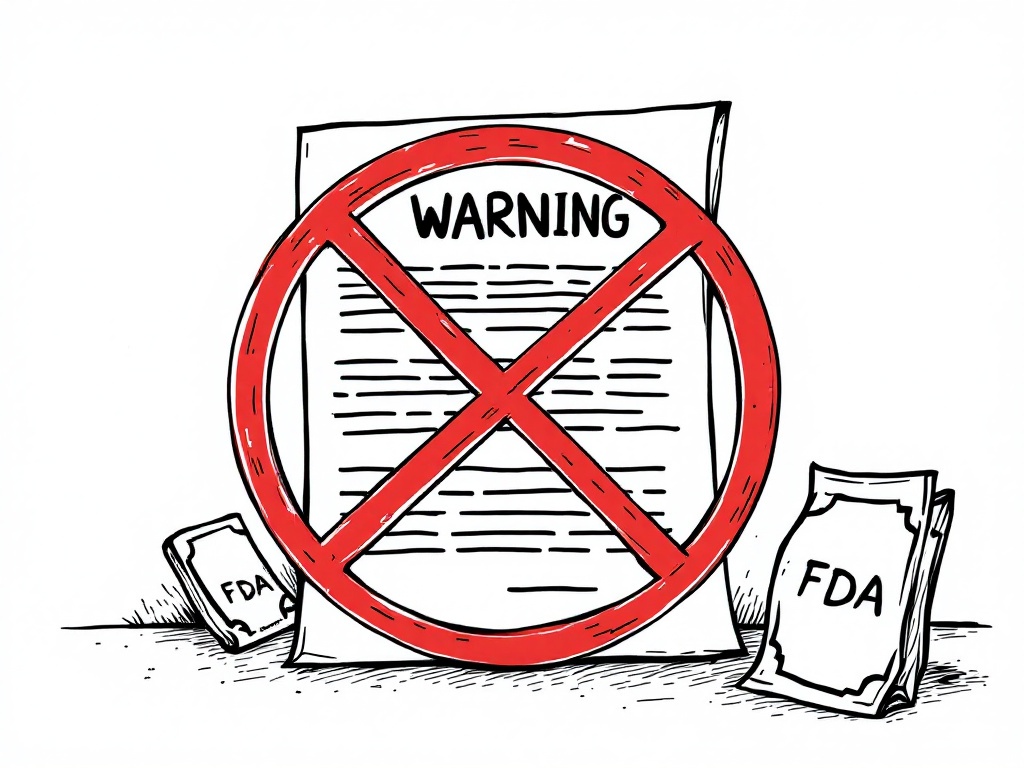FDA Bans Red No. 3 Due to Cancer Concerns

United States, Wednesday, 15 January 2025.
The FDA has banned Red No. 3, a synthetic dye linked to cancer in animals, effective January 14, 2025. Food manufacturers must reformulate affected products by 2027.
Historic Decision After Decades of Concern
The U.S. Food and Drug Administration’s decision marks a significant shift in food safety regulation, coming nearly 35 years after the same dye was banned from cosmetics [1][6]. The ban affects over 9,200 food items, including candies, cereals, and strawberry-flavored milkshakes [1]. Under the new regulation, food manufacturers have until January 15, 2027, to reformulate their products, while companies producing dietary supplements have been given until January 18, 2028, to comply [1][3].
Scientific Evidence and Regulatory Framework
The ban is primarily driven by the Delaney Clause, which prohibits the FDA from authorizing any food additive found to cause cancer in humans or animals [2]. Jim Jones, FDA’s deputy commissioner for human foods, emphasized this point, stating, ‘Evidence shows cancer in laboratory male rats exposed to high levels of FD&C Red No. 3’ [2]. The decision follows a 2022 petition from health advocates and gained additional momentum when two dozen members of Congress demanded action in November 2024 [4].
Global Context and Industry Response
The United States is relatively late in implementing this ban, as the European Union prohibited Red No. 3 in 1994, with similar restrictions in Australia and New Zealand [4][6]. California led domestic action by becoming the first state to ban the dye in 2023 [3]. The National Confectioners Association has pledged compliance, stating, ‘Food safety is the number one priority for U.S. confectionery companies’ [2][7]. Some manufacturers, like Ferrara, had already begun phasing out the dye in early 2023, with less than 10% of their products currently containing it [3].
Future Implications and Industry Adaptation
The ban represents what many experts consider a turning point in food safety regulation. Dr. Jerold Mande from Harvard University’s T.H. Chan School of Public Health called it ‘a small step in the right direction’ [3]. Food manufacturers are now turning to natural alternatives such as beet juice and carmine to replace Red No. 3 [4]. The FDA Commissioner, Dr. Robert Califf, has acknowledged potential legal challenges, noting in December 2024 that ‘When we do ban something, it will go to court’ [4].